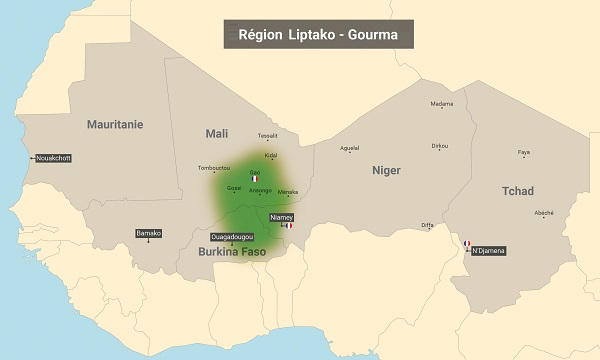Rapid Fire
Rapid Fire Current Affairs
- 19 Sep 2023
- 5 min read
Global Impact of Lead Exposure on Cardiovascular Health
- A recent study published in The Lancet Planetary Health journal reveals that lead exposure had a significant role in causing cardiovascular deaths worldwide.
- In 2019, approximately 5.5 million people succumbed to cardiovascular diseases linked to lead exposure, comprising 30% of all global cardiovascular deaths.
- Low- and middle-income countries (LMICs) bore the brunt of lead exposure-related health impacts, with about 95% of the affected population residing in these regions.
- Despite the elimination of leaded petrol, LMICs witnessed six times more deaths from cardiovascular diseases than high-income countries.
- Nations with the highest lead exposure burdens include Iran, Afghanistan, Yemen, Peru, Vietnam, the Philippines, and parts of Central Africa.
- Apart from cardiovascular disease, lead exposure is associated with chronic kidney disease and developmental intellectual disabilities.
- Lead exposure resulted in the loss of 765 million Intelligence quotient(IQ) points among children under five, with an 80% higher loss in LMICs compared to previous estimates.
- The economic costs of lead exposure, including IQ loss in children and cardiovascular disease deaths, amounted to USD 6 trillion globally in 2019, or 7% of the global GDP.
Read more: Lead Poisoning
Operation Sajag
- 'Operation Sajag' was conducted on September 18, 2023, by the Indian Coast Guard (ICG) along the west coast.
- 'Operation Sajag' is a monthly, day-long drill that serves as a continuous feedback loop. The drill's primary goals are to revalidate coastal security mechanisms and raise awareness among sea-going fishermen.
- The drill involved extensive document verification and crew pass checks for all fishing boats, barges, and crafts at sea.
- ICG was established in August 1978 by the Coast Guard Act, 1978 as an independent Armed force of India.
- ICG is the fourth largest Coast Guard in the world, it has played a significant role in securing the Indian coasts and enforcing regulations in the maritime zones of India.
- To fortify coastal security, the ICG has introduced various measures, including the issuance of biometric cards for fishermen, implementation of colour coding for fishing boats based on state, coastal mapping, and training of marine police personnel.
Read more: Indian Coast Guard
Mali, Niger and Burkina Faso Signed a Mutual Defence Pact
Recently, ministerial delegations from three Sahel Countries, i.e., Mali, Niger and Burkina Faso announced a mutual defense pact at Mali’s Capital Bamako.
- It aims at establishing an architecture of Collective Defence and Mutual Assistance among the three countries.
- The Pact has been signed under the provisions of Liptako-Gourma Chater, which established the alliance of Sahel states.
- The region of Liptako-Gourma includes the border areas of Mali, Burkina Faso, and Niger, where these countries meet.
- The Alliance will be a combination of Military and Economic efforts of the three countries, which is largely targeted towards fighting terrorism and Jihadism.
- The pact also assumes significance in the wake of West African Regional Grouping ECOWAS threatening to attack Niger over the coup that happened in the country.
Read More :- ECOWAS
Funding Challenges for Indian Space Start-Ups
There have been rising concerns and issues with respect to funding mechanisms of space start-ups, marring the growth of a prospective sector.
- The Space sector can grow up to 44 Billion dollars over the next 10 years from the current value of 8 billion dollars, as per the Director of INSPACe.
- Government should consider setting up soft funds and additional incentives to propel the growth of the space sector, along the lines of Start Up India Scheme etc.
- Another concern that arises is that 95% of the equipment required for space sector manufacturing needs to be imported and it may take India another 10 years to attain self-sufficiency.
- India’s Space Sector has already been witnessing rapid growth as the IN-SPACe portal has registered around 420 start-ups until now.
- India’s Draft Space Activities Bill, 2017 and Indian Space Policy, 2023 is slated to provide much needed push and vigour to the burgeoning sector in the near time, if implemented effectively.
Read More:- Draft Space Activities Bill,2017 and Indian Space Policy,2023





